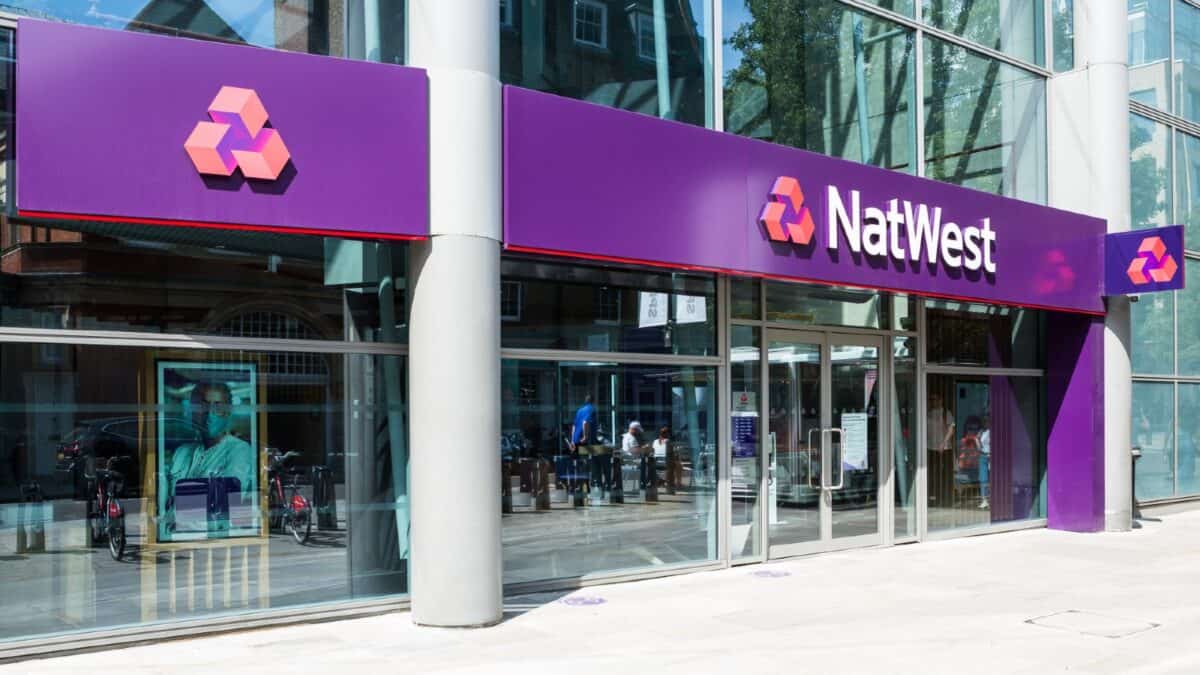In March’s budget, chancellor Jeremy Hunt announced that the UK government plans to sell some of its shares in NatWest (LSE: NWG) – one of Britain’s largest banks – directly to retail investors. This sell-off could take place as early as June.
So what do we know about this government sale? And will the shares be worth buying for my portfolio?
Why the government’s selling
In an effort to support the financial services sector during the Global Financial Crisis of 2008/2009, the UK government acquired an 84% shareholding in the Royal Bank of Scotland (now NatWest Group).
However, it was never the government’s intention to be a permanent shareholder, and in recent years, it has been selling down its holding to institutional investors and the bank itself.
Looking ahead, it plans to offload more NatWest shares in the near future in a ‘retail sale’ to individual investors.
The government believes that selling to individual investors could help to promote retail investing in the UK and also help to re-invigorate the country’s capital markets through a landmark transaction.
It’s worth noting that the date of the retail sale has not yet been confirmed. However, guidance on the gov.uk website says: “The sale could take place this summer at the earliest, subject to market conditions being supportive and achieving value for money”.
How much will the shares cost?
As for how much the shares will cost, this is where things get a little vague. Hunt has said that any sale would need to achieve “full value for money“.
I think what he means here is that he’d like the UK stock market to be at a high level when the sale occurs so the government can get as much as possible for the shares.
I imagine the shares will have to be offered at some kind of discount to the market price however. Otherwise there would be little incentive to participate in the retail sale (we could just buy them directly in the market).
Worth buying?
Let’s assume for now however, that it won’t be possible to make a ton of money selling the shares in the market immediately after buying them in the retail sale (either the discount is small or the share price falls after the sale).
So is there long-term investment potential here? That’s hard to say.
On the plus side, the bank stock looks relatively cheap today (currently its P/E ratio is just 7.2) and it has a decent dividend yield (about 5.7%). The company’s also buying back a lot of stock, which is boosting earnings per share.
On the downside, NatWest is very much a UK-focused bank. And the UK isn’t really a growth market when it comes to banking these days. The industry’s also being disrupted rapidly by innovative FinTech companies.
Weighing up the pros and cons, I probably won’t be interested in buying NatWest shares in the retail sale. All things considered, I think there are likely to be better opportunities for my money this year.







